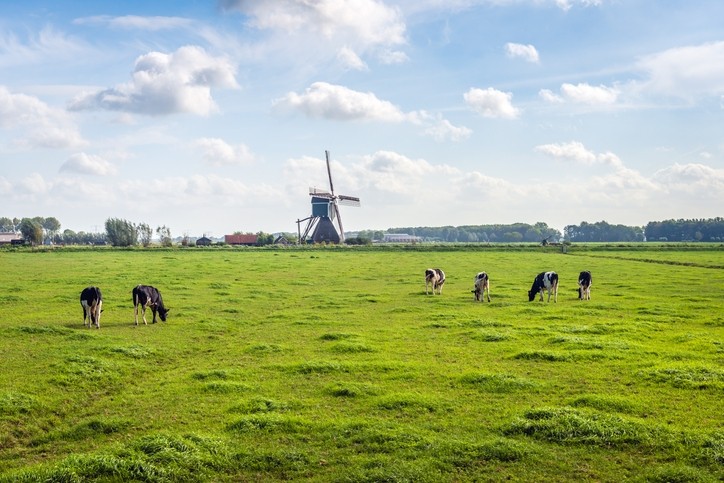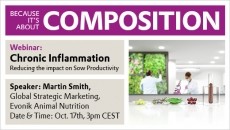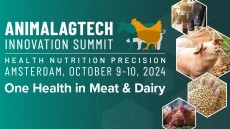Dutch livestock sector faces new nitrogen law

The Netherlands Agricultural and Horticultural Association (LTO) - the representative body of 35,000 Dutch agricultural entrepreneurs and employers - commented that, even though the law will be challenging for the Dutch agricultural sector, it was pleased that some of its proposals were eventually incorporated into the new legislation.
“With the absence of concrete compulsory measures for the agricultural sector, however, it is difficult to determine the full effect the nitrogen law might have on the Dutch livestock industry,” reads a GAINS report from the USDA.
Previous ministry proposals to reduce nitrogen emissions via farming have been met with a lot of resistance from lobby groups.
Dutch Minister of Agriculture, Nature and Food Quality, Carola Schouten, obtained sufficient support in the Dutch parliament for a new law to limit nitrogen emissions in the Netherlands, according to the USDA report.
The legislation aims to cut nitrogen emissions from construction and agriculture in half by 2035.
The law is expected to be approved by the Dutch Senate in the spring of 2021, noted the US agency team.
The Dutch farming ministry has also made a fund available, totaling €3bn (US$3.6bn) in this respect, with €2bn allocated for the country’s agricultural sector, and the remainder to go towards effort by the Dutch construction industry.
Buy-out programs, feed adjustments
The budget for the agricultural sector will look to cover buy-out programs, along with other initiatives aimed at reducing nitrogen emissions from farming.
Measures proposed, to date, to cut nitrogen emission levels in Dutch farming including mixing manure with water, increasing grazing levels, and making changes to feed and feed management such as using feed with a lower protein content or a higher uptake of nitrogen.
The Farmers Defense Force (FDF) expressed frustration that farmers are being forced to solve the national nitrogen problem, and that tough procedures to implement the law would follow. It added that "nothing [had been arranged] for agriculture" except for an increase of the reduction targets.
The only programs available to date that could have a significant impact on the sector, noted the USDA team, are the previously established voluntary buyout program of €455m for swine, set up to compensate Dutch swine farmers who wish to vacate the industry, and a new one, totaling €350m, targeting both livestock and poultry farmers.
“There is a lot of uncertainty, at present, with regard to how many farmers will voluntarily pursue buyouts,” noted the USDA team.
















